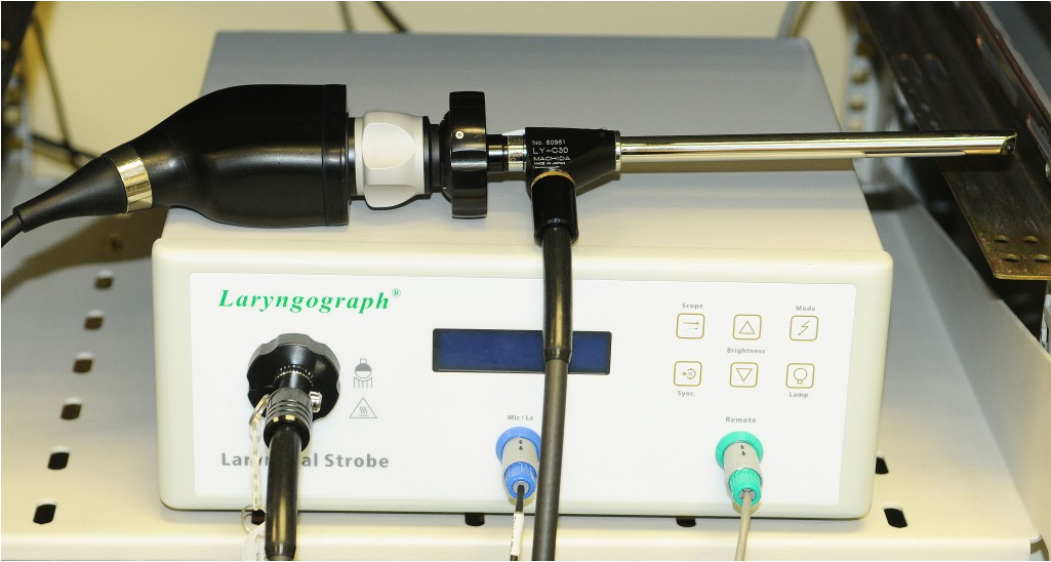When should I see a voice specialist about hoarseness?
What is hoarseness?
Dysphonia, or impaired voice production, is sometimes called “hoarseness.” Dysphonia describes your impaired voice production. Hoarseness is a symptom of a change in your voice quality. Health care providers will use the clinical term dysphonia, but patients and the public use the more common term hoarseness.
Dysphonia is very common. It affects nearly one-third of the population at some point in their lives. Dysphonia is characterized by a change in voice quality, pitch (how high or low the voice is), volume (loudness), or vocal effort that makes it difficult to communicate as judged by a health care provider, and it may affect your quality of life.
The symptom of hoarseness is related to problems in the sound-producing parts (vocal cords or folds) of the voice box or larynx. Your voice may have a raspy, weak, or airy quality that makes it hard for you to make smooth vocal sounds.
What causes hoarseness?
Dysphonia is a symptom common to many diseases. Most dysphonia (hoarseness) is related to upper respiratory tract infection and goes away on its own in 7 to 10 days. You may have a serious medical condition that requires further evaluation by a Laryngologist (voice specialist). The most common causes of hoarseness are:
- Common cold, upper respiratory tract infection
- Voice overuse leading to muscle tension
- Voice overuse leading to phonotraumatic lesions (polyps, cysts, nodules)
- Acid reflux
- Autoimmune disease
- Allergic laryngitis (inflammation of the larynx due to allergies)
- Smoking and secondhand smoke
- Head and neck cancer
- Medication side effects
- Age-related changes
- Neurological conditions (examples: Parkinson’s disease, amyotrophic lateral sclerosis)
- Intubation (process of inserting a tube through the mouth and into the airway)
- Postsurgical injury (particularly following chest or neck procedures)
When should I see a voice specialist about hoarseness?
- Your hoarseness does not go away or get better in 7 to 10 days, especially if you smoke
- You do not have a cold or flu
- You are coughing up blood
- You have difficulty swallowing
- You feel a lump in your neck
- You observe loss or severe changes in your voice that last longer than a few days
- You experience pain when speaking or swallowing
- Your voice change comes with uneasy breathing or noisy breathing
- Your hoarseness makes your work hard to do
- You are a vocal performer (singer, teacher, lawyer, public speaker) and cannot do your job










